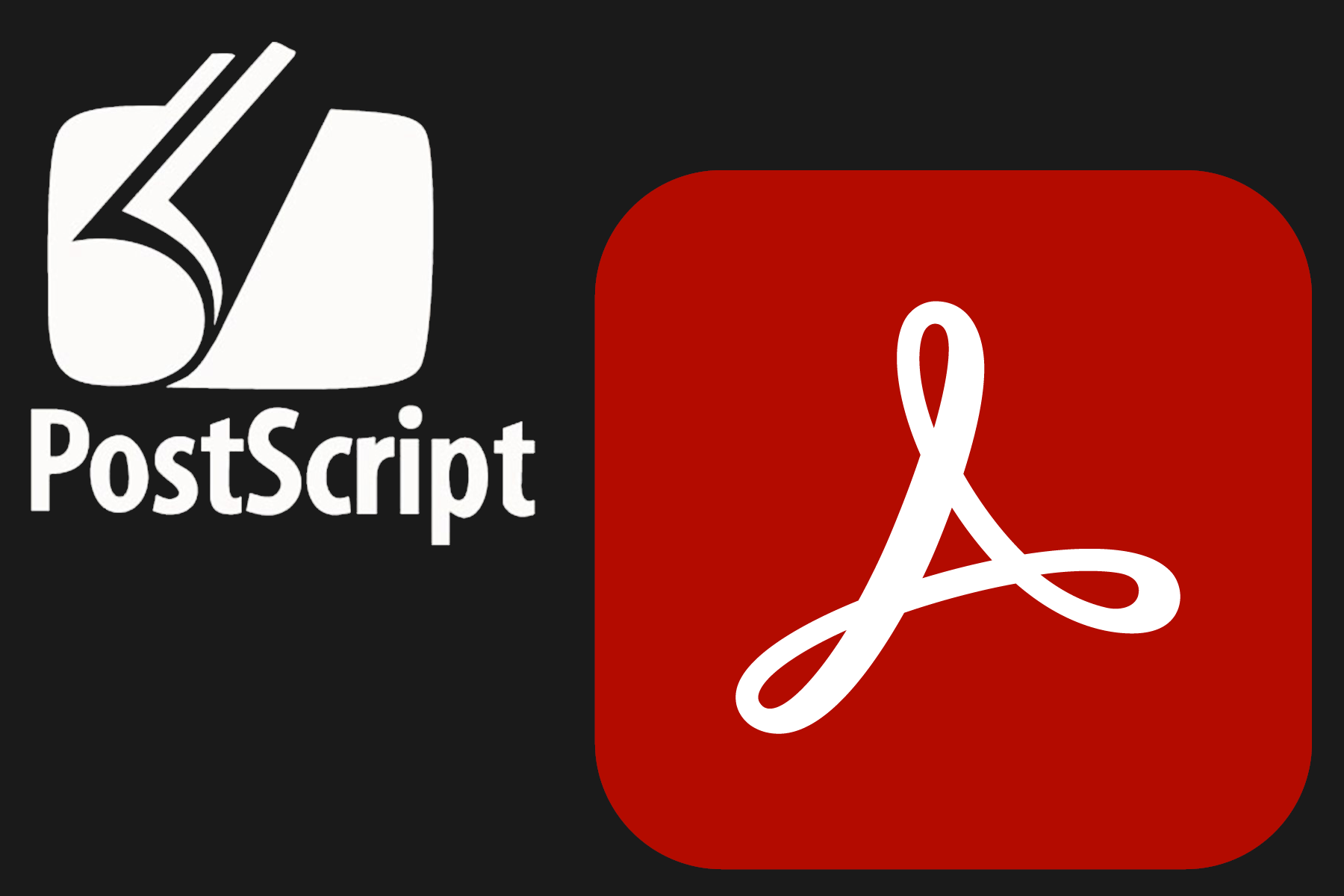Bluesky Faces Censorship Challenges Amid Rapid Growth

Bluesky, the emerging microblogging platform that has carved out a niche as a viable alternative to X (formerly Twitter), has recently experienced significant growth. This surge in popularity can largely be attributed to a wave of web users seeking a social media environment that isnt dominated by a singular, controversial billionaire. However, this week, the platform has faced scrutiny after reports surfaced indicating that it had complied with censorship requests from the Turkish government, raising concerns about its commitment to free expression.
A recent report revealed that Bluesky restricted access to 72 accounts within Turkey after pressure from Turkish authorities. These officials justified the censorship by citing concerns related to national security and public order. The details surrounding the accounts that faced deactivation remain scant, leaving many to wonder who the operators were and what specific threats they posed to the government.
The initial report regarding this censorship was brought to light by the Freedom of Expression Association, a Turkish non-governmental organization dedicated to civil liberties. In an effort to gain clarity, Gizmodo reached out to Bluesky for an official statement, but as of now, further insights remain elusive.
Despite the concerning developments, TechCrunch highlights that Bluesky operates as part of the Fediverse and is built on the open standard known as the AT Protocol. This architecture creates a potential workaround for Turkish users who have been banned from the platform. Unlike traditional social media platforms, Bluesky is integrated into a decentralized ecosystem of various sites that all utilize the same protocol. This network, referred to as the Atmosphere, enables users to connect with other platforms, such as Skywalker, Skeets, and Roomy, thus potentially allowing them to bypass the direct censorship imposed by the Turkish government.
Bluesky's inception can be traced back to Jack Dorsey, the co-founder of Twitter, who initiated the project with a substantial financial investment of approximately $13 million from Twitter itself. Dorsey conceived the idea while still deeply involved with Twitter, but he has since stepped away from the project, leaving it in the capable hands of current CEO Jay Graber.
The rise of Bluesky follows Elon Musks controversial acquisition of Twitter, which has transformed the platform into what many see as a vehicle for personal propaganda. In the wake of these changes, countless users have migrated to Bluesky, drawn by its promise of a more respectful and open social media experience. The platform has cultivated a reputation for prioritizing user autonomy and self-expression, making the recent decision to acquiesce to foreign censorship particularly troubling. While the existence of a potential workaround may provide some solace to affected users, the overall response to government pressure casts a shadow over Bluesky's commitment to free speech.

























